Advertisement
Simple Steps to Prevent Your Puppy from Biting
Advertisement
Puppies bring joy to any home, but they can also be a handful, especially when they start biting. One of the most common and painful challenges new puppy owners face is dealing with playbites. Puppies don’t automatically know how to control their bite strength during play, which can result in some sharp nips. While this behavior is normal for young dogs, there are plenty of effective ways to teach your puppy to be gentle and polite.
Be Patient and Gentle
It can be tempting to react harshly when a puppy bites too hard, but it’s important to remember that they’re still learning. Old-school training methods that relied on punishment aren’t the best approach. Instead, using calm and positive techniques helps build trust between you and your puppy. Avoid using physical force or intimidation, as these can lead to fear or anxiety. Gentle training sets your puppy up for success and fosters a strong bond.
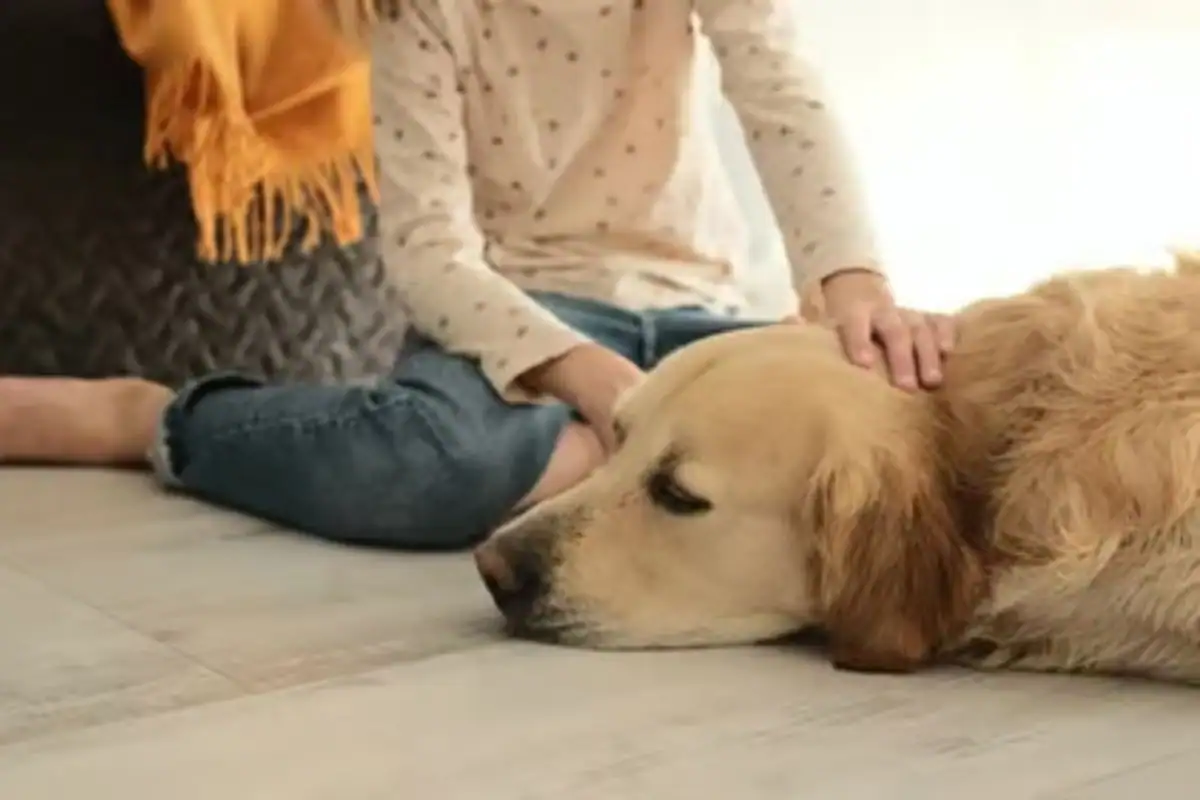
Advertisement
Positive Reinforcement Works Best
Puppies are like sponges, absorbing information about how to behave. One of the best ways to teach them is by using positive reinforcement. Make sure to pay attention to your puppy and reward calm behavior with treats, praise, or pets. This approach encourages your pup to repeat good behavior. Celebrating small victories is key, as it motivates them to keep improving.
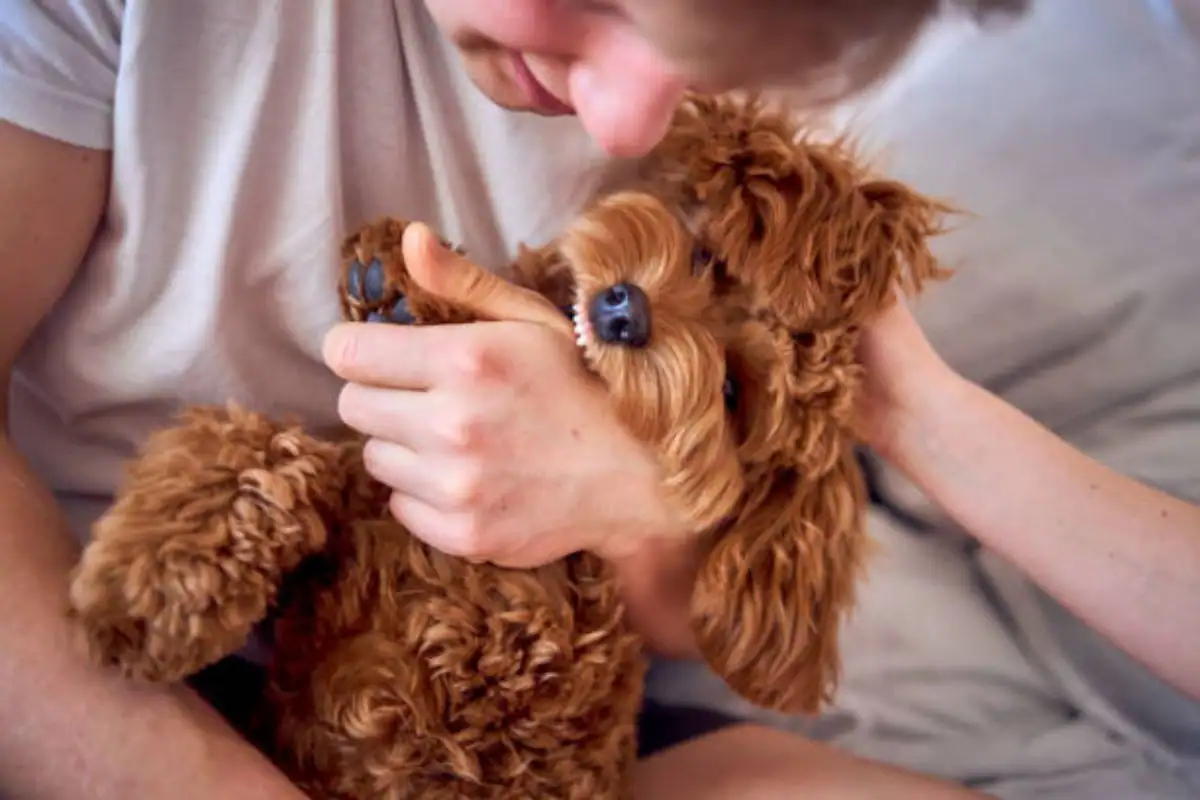
Advertisement
Be Patient and Gentle
If your puppy gets too rough during play, the best thing to do is end the game. This teaches them that biting too hard results in losing playtime, which they love. To do this, you can turn your back, cross your arms, and ignore them for a moment. In some cases, putting your puppy in a brief timeout can be effective. It’s all about showing them that gentle play is the way to keep having fun.
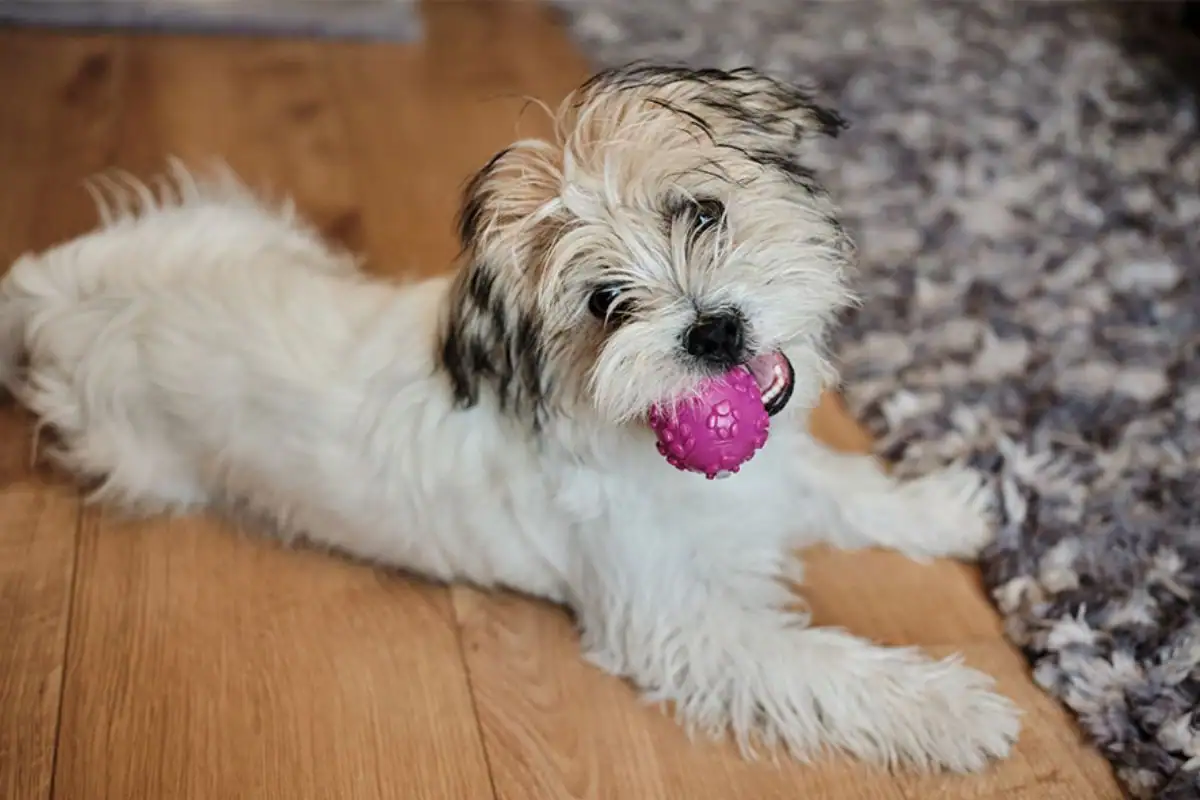
Advertisement
Keep Toys Nearby for Redirection
Puppies have a natural need to bite and chew, so it’s important to give them appropriate outlets for this behavior. Whenever you’re playing, keep toys and chews within reach. If your puppy starts biting too hard, offer a toy or chew to redirect their energy. This helps them learn that toys, not hands or feet, are what they should be biting.
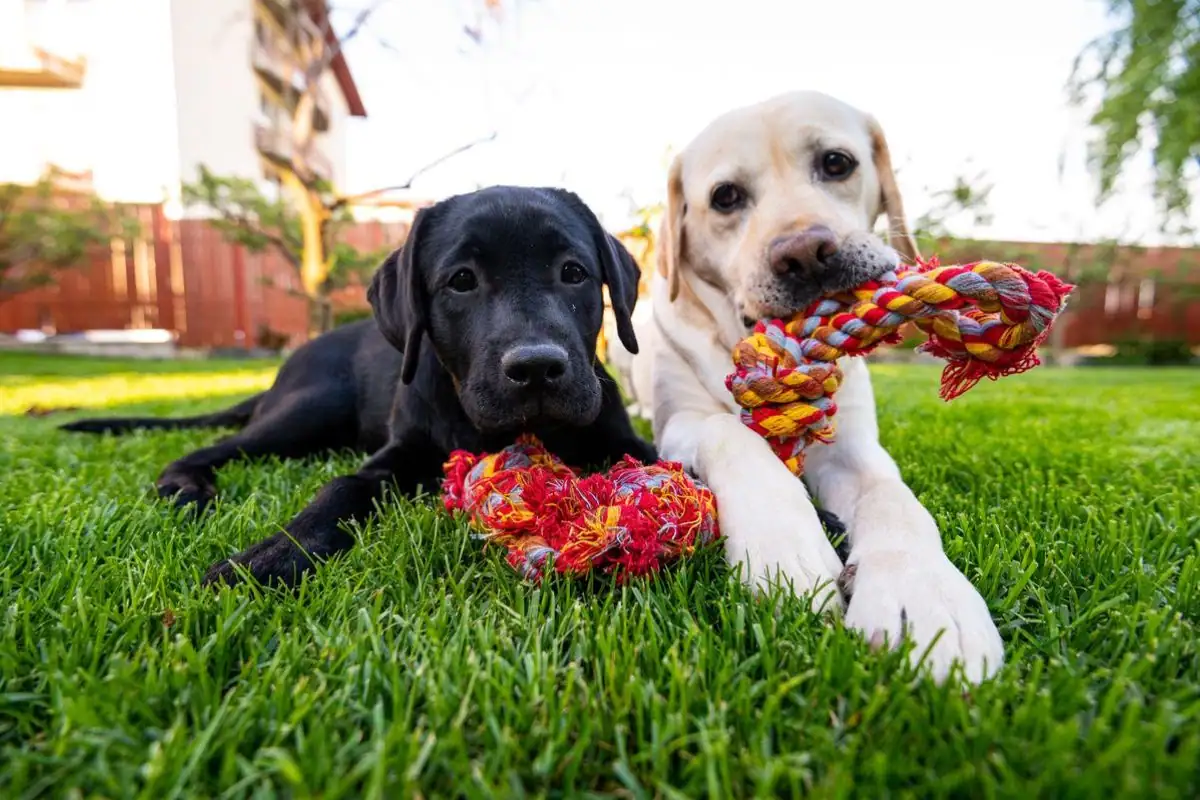
Advertisement
Exercise and Stimulation Are Essential
A tired puppy is less likely to bite out of boredom or excess energy. While exercise is important, it’s crucial to create a plan that suits your puppy’s age and breed, as too much activity can harm their developing bodies. Consult with your vet to ensure your puppy is getting the right amount of exercise. High-energy breeds, such as border collies, may need more physical and mental stimulation to keep them from nipping and herding people.

Advertisement
Watch for Stalking and Pouncing Behavior
Some puppies, especially certain breeds, have natural instincts to pounce and stalk. This playful behavior is rooted in their hunting or herding background but can lead to biting. Puppies are often drawn to the movement of legs and may target them during play. To prevent this, keep an eye out for any stalking behavior and redirect your puppy’s focus by holding a toy or treat near your leg. This helps them shift their attention from your ankles to something more appropriate.
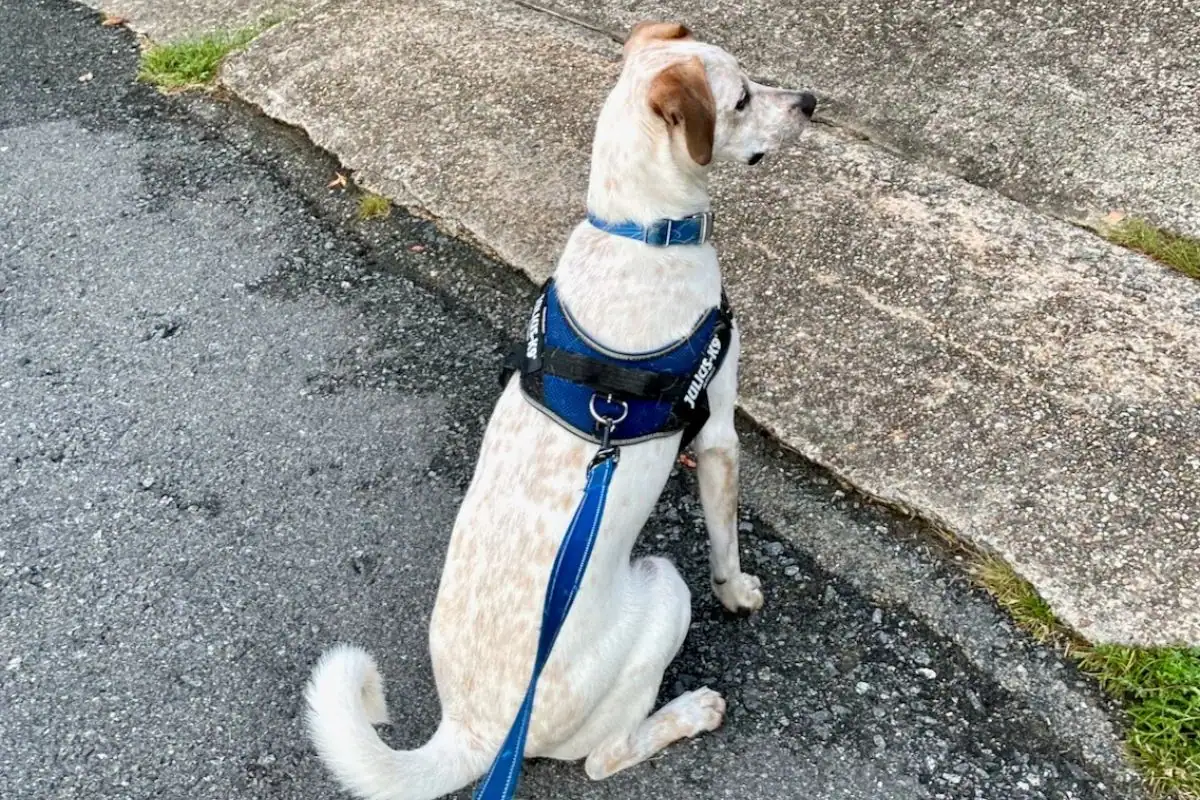
Advertisement
Ensure Your Puppy Gets Enough Rest
Just like young children, puppies can act out when they’re overtired. If your puppy suddenly becomes more aggressive or excitable, it may be time for a nap. After a day full of activities, it can be hard for them to calm down. Setting up some quiet time in a crate or a small, cozy space can help them settle. Puppies may also become restless if they need a potty break, so a quick trip outside could be the solution.
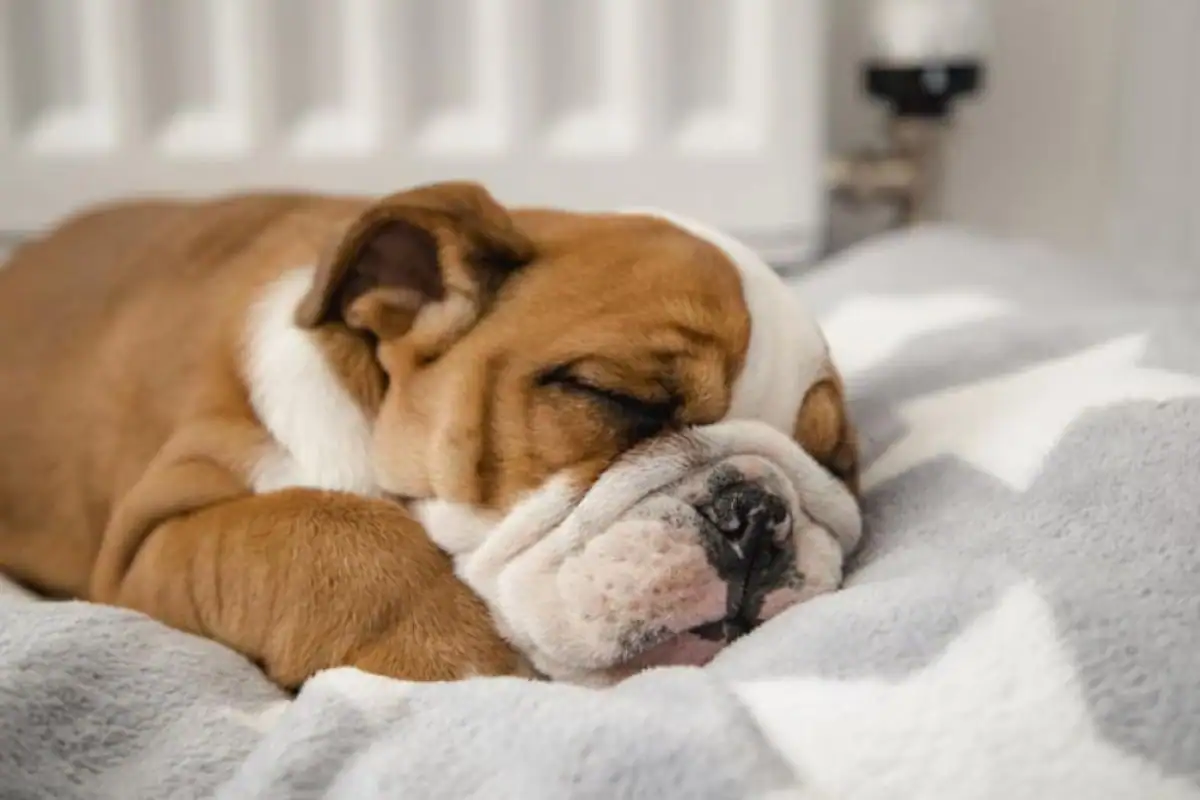
Advertisement
Teach Bite Inhibition
Biting is natural during play, so it’s important to teach your puppy bite inhibition. This skill helps them learn to control the force of their bites. One effective method is to give a high-pitched yelp when they bite too hard, mimicking how dogs communicate with each other. Most puppies will stop biting when they hear this sound. However, if your puppy gets more excited by the noise, try stepping away or giving them a brief timeout instead.
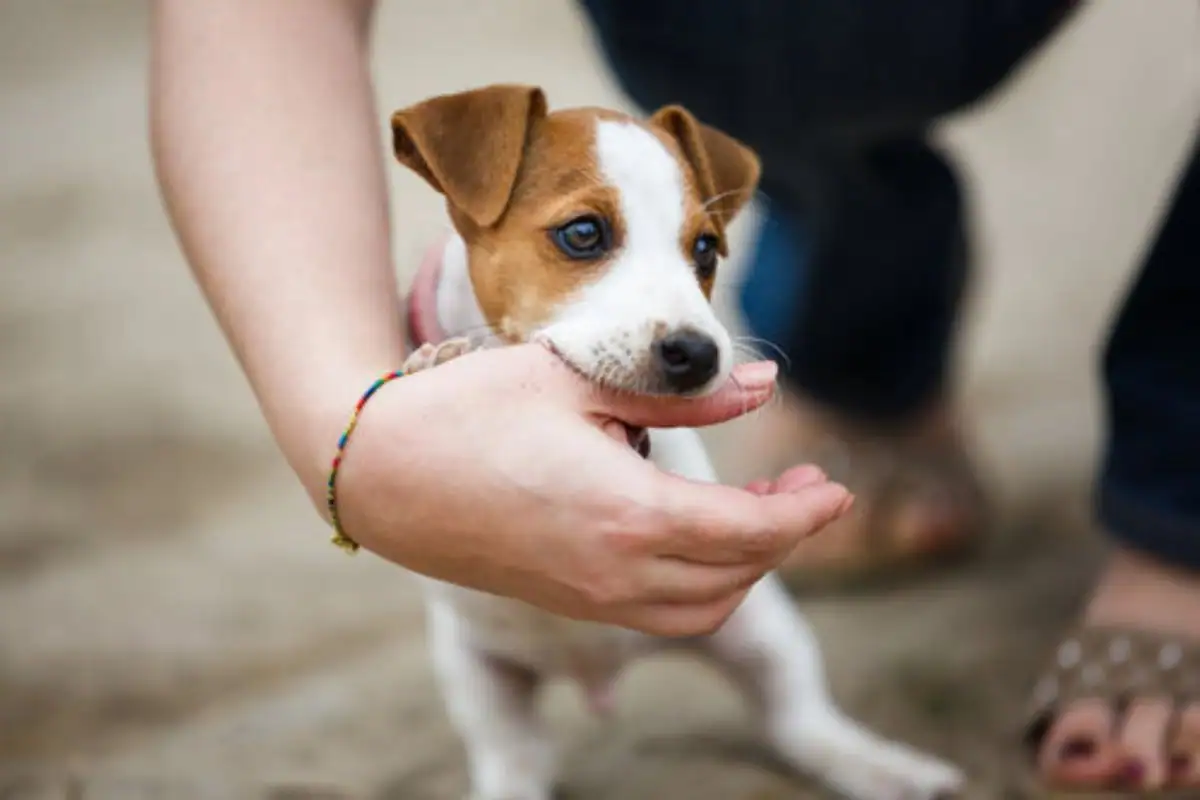
Advertisement
Turn Energy into Training Opportunities
If your puppy is full of energy and finding it hard to play gently, use that energy to practice commands or tricks. Mental stimulation can be just as effective as physical exercise for wearing them out. Simple commands like “sit”and “stay”or fun tricks like “roll over”and “shake”can engage your puppy’s mind and teach them good behavior.
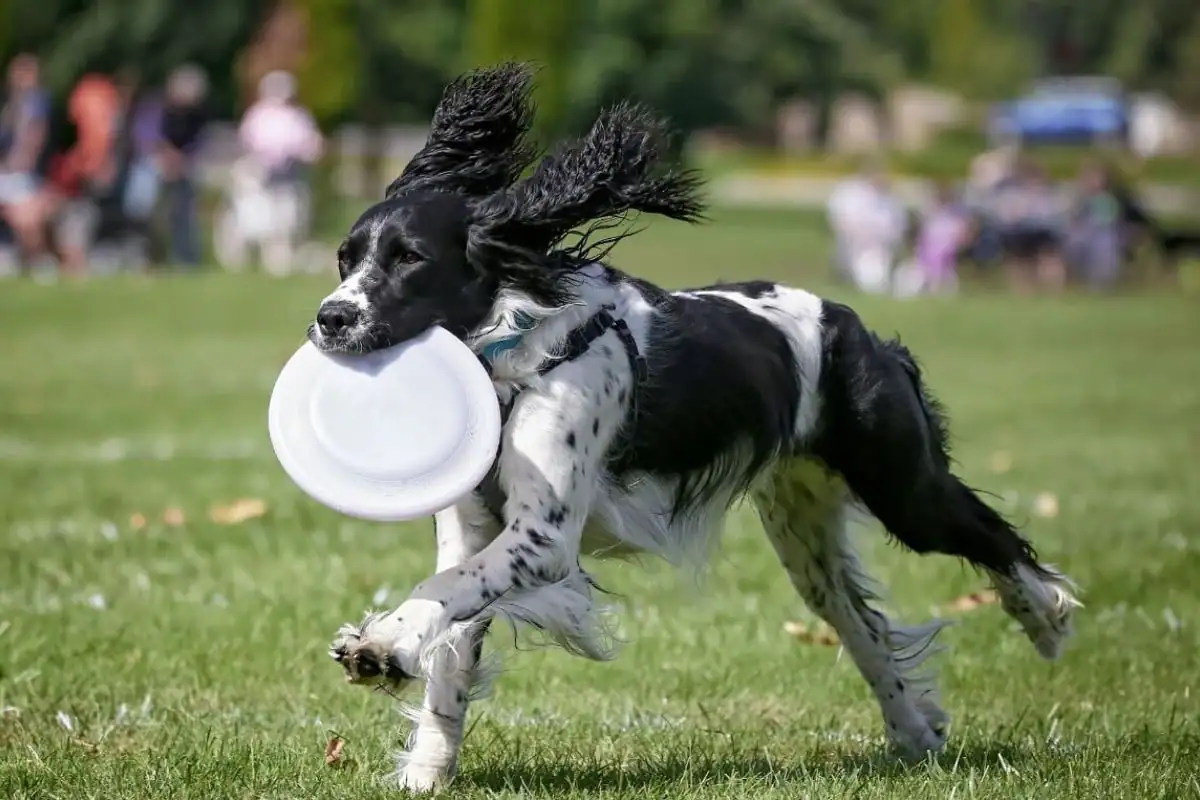
Advertisement
Join Puppy Classes or Playgroups
Enrolling in a puppy training class or joining a playgroup can be a game-changer. Puppies learn a lot by interacting with their peers, and structured playtime helps them practice good behaviors like bite inhibition. A good dog trainer can offer personalized tips and strategies to manage biting. Plus, these classes provide socialization and mental stimulation that can help burn off excess energy, making your puppy calmer and better behaved at home.
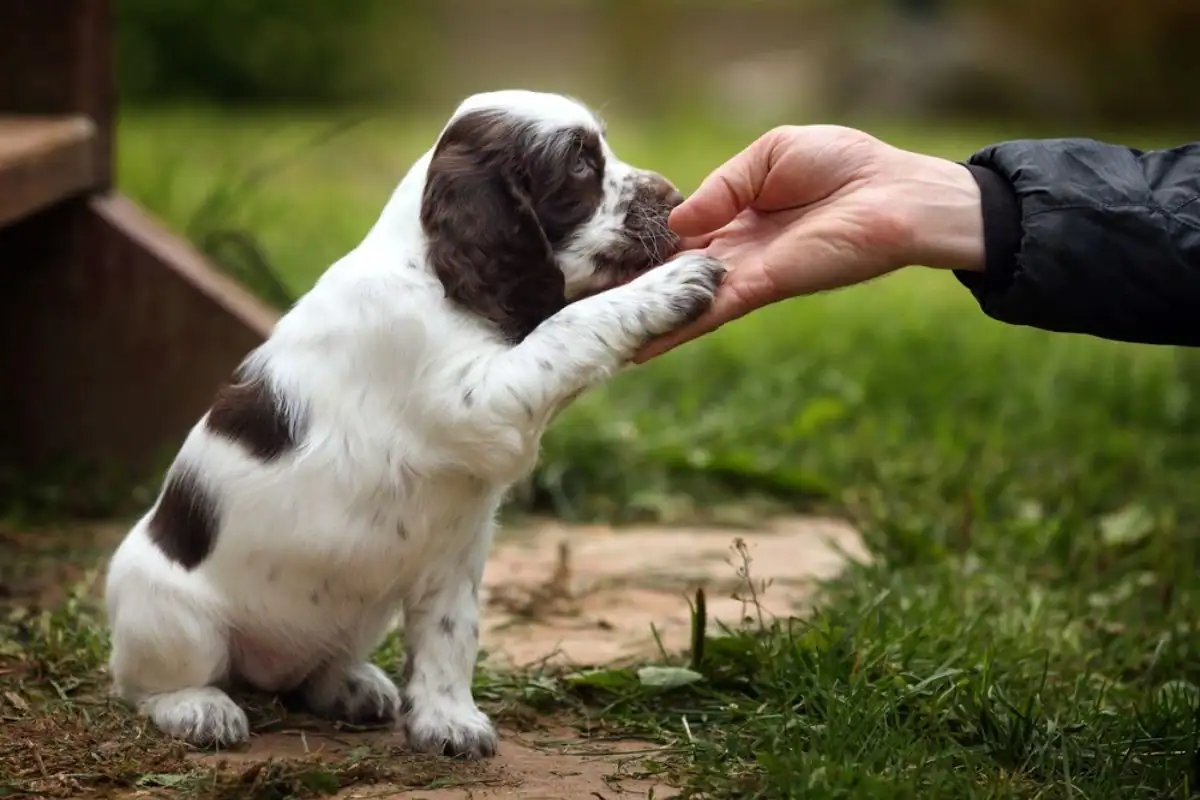
.png)




